
A wasp sting or bite is certainly painful and unpleasant, but in the some people it can cause serious reactions which require medical attention. Also, not all the wasps are the same and do not have the same behavioral patterns, so those who spend a lot of time outdoors should learn to recognize wasps and steps that need to be taken in case of a wasp sting.
There are two categories of wasps- solitary and social. Social wasps are more aggressive because they protect their nests. When they sting, they inject a pheromone along with the venom, which serves as a signal to other wasps, and they may come and attach the same person again. Some of the most common wasps in the United States are paper wasp, yellow jacket and bald-faced hornet.
Symptoms of wasp sting
The symptoms of minor reaction to wasp sting include pain, redness and swelling of the skin and itching. A larger swelling may occur several days after the bite. Bacterial infections are also possible, and some hives too, especially if the person has a mild allergy to wasp venom.
Major reaction is far more serious. It occurs when a person who is stung is allergic to the venom injected through the wasp’s stinger. It includes severe hives all over the body, flushing, abdominal cramps, nausea, increased heart rate, difficulty swallowing, breathing problems or wheezing, swelling of the face and lips, anxiety, weakness and unconsciousness and decreased blood pressure. There symptoms indicate a serious reaction and require urgent medical attention.
Treatment for wasp stings
Minor and major reactions to wasp stings are treated differently. For minor reactions, the treatment consists in relieving the symptoms. For example, a pain killer can be taken to alleviate the pain. Ice packs help with swelling and stops the diffusion of the venom.
Sometimes antihistamines are recommended to reduce itching, hives, redness and swelling. Hydrocortisone creams and Calamine lotion can also be used for this purpose. A paste made of baking soda and water can be spread in thin layer over the bite.
Infections are possible after wasp bites or stings, so it is recommended to clean the area thoroughly with warm water and soap and to apply an antiseptic lotion or even an antibacterial ointment.
For severe reactions it is important to call the ambulance or to rush the sting victim to the nearest emergency room. People who are allergic to wasp venom should always carry an Epipen auto-injector, and possibly an extractor pump which removes the venom from the sting site.
There is no specific antidote for wasp stings. Other methods of treatment for severe reactions may include insertion of breathing tube and injections of antihistamines and steroids.



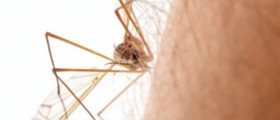
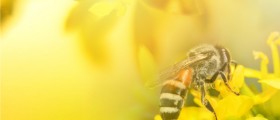
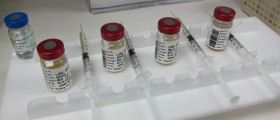
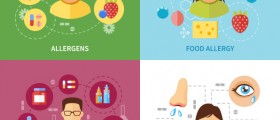
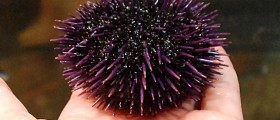
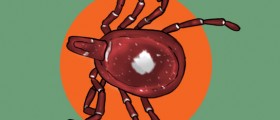
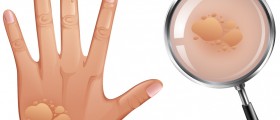
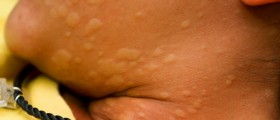
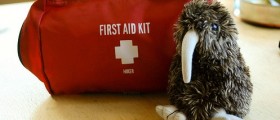

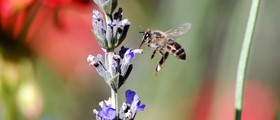
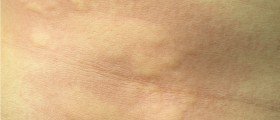


Your thoughts on this
Loading...